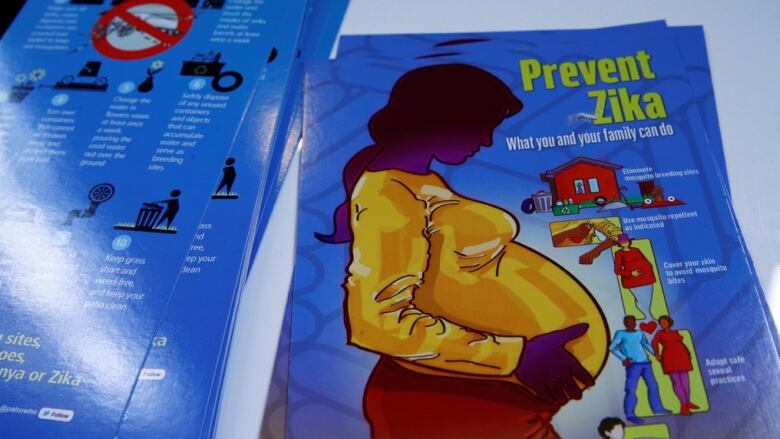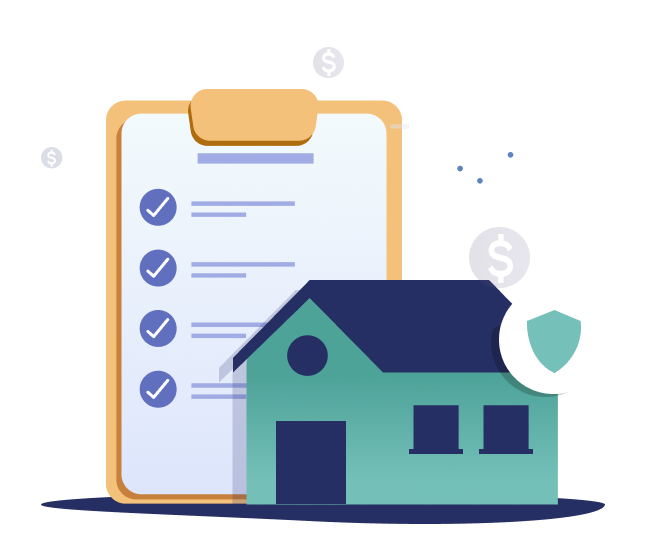
What is premium tax credit?
The Premium tax credit, a federally-funded initiative, reduces your insurance premiums if you buy coverage via the Health Insurance Marketplace. The credit is available to individuals and families with incomes that are below the federal poverty line who also meet other criteria.
What is the process?
When you apply through the Marketplace for health care, you estimate the family income to help your insurer determine how much of a premium tax credit you will receive. This credit is then transferred directly to the insurance company and lowers your monthly premium costs.
If you qualify for premium tax credits, you will be sent a statement called 1095A by your insurer when you buy your policy. This form reports your premium tax credit amount to the IRS.
Your premium tax credit will be based upon your estimated household earnings and the size and number of dependents in your tax family. This includes you, your spouse (if you're filing a joint tax return), and your children. Your premium tax credits will change if either your income or the size of your tax family changes.

What happens if your income is higher than expected?
If you have a higher income than expected, it is possible that you will be required to pay part or the entire amount of your tax credit. The maximum you can pay is 400% of your household income. This is known as the "clawback."
How does it work when your income changes?
Marketplace must be informed as soon you have any changes in income. You will avoid having to pay back any excess premium tax credits at the end.
The amount you must repay will depend on your income level and whether your income exceeds the poverty threshold. These rules are explained in the instructions of Form 8962 which is used for reporting information about the offsets to be claimed to the cost to purchase health insurance on the Health Insurance Marketplace.
What is Form 892?
When you file your tax return, you'll need to report the amount of your advance premium tax credit that you received during 2021. The amount of money you'll have to repay will be determined by the result of the reconciliation between the advance premium credit you received in 2021 and your actual premium credit.
On Form 8962, you reconcile the advance tax credit received in 2021. This form may be found at your state website or on the IRS website.

IRS requires that you also report the results from the reconciliation of any advance premium credits you received for 2021. The line 29 will appear on your federal 2021 tax return.
There are some exceptions to this rule, such as if your household income is above 138% of the poverty level in states that have not implemented the ACA's Medicaid expansion or if you received unemployment compensation for any week beginning in 2021. These exceptions do not apply to 2021 income, but only to income reported for that year.